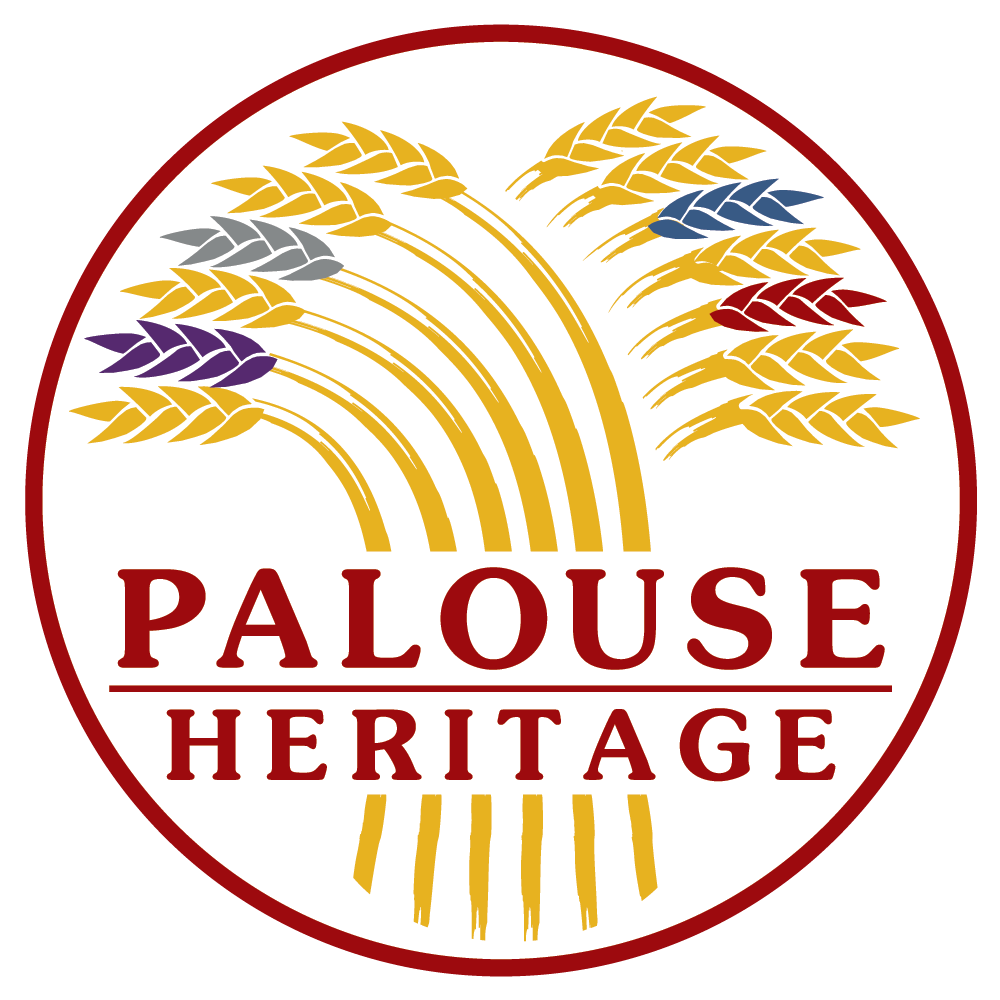Harvest since time immemorial was understood in ritual terms as the principal duty in humanity’s relationship with Mother Earth for the perpetuation of life. This was essentially the purpose of existence…. —J. Katarzyna Dadak-Kozicka
Perpetuation of life. The association of grain harvest with life has been honored since time immemorial in culinary traditions, stories, rituals, and art forms that I have regularly explored in this forum. The following entry shares long considered perspectives on grains and human health, especially in the context of the recent controversy surrounding gluten. As I compose these lines the word is emblazoned on an enormous crimson heart prominently featured on the back cover of Wheat Life magazine’s current issue, and above the byline “We love wheat.” You might think that’s appropriate advertising for an agricultural trade journal, but in our day gluten has become a touchstone for both nutritional defenders and accusers. Winnowing through the considerable range of literature on the subject helps separate science from speculation, and I am grateful to several persons for sharing their perspectives and pointing us toward informed sources on the topic. In particular I thank cereal chemist Andrew Ross at Oregon State University, Stephen Jones at the Washington State University’s Bread Lab in Burlington, and Weston Price chapter leader Maria Atwood of Colorado Springs.
Palouse Heritage grain breads at The Grain Shed in Spokane, WA
Palouse Heritage grain breads at Ethos Bakery in Richland, WA
In terms of definitions, gluten is a class of proteins found in wheat, barley, rye, and some oat flours that when combined with water and kneading create doughs for breads and other foods. Glutenins are the gluten proteins that provide dough elasticity while gliadins enable it to cohere when spread out. These functions combine to make doughs rise by trapping gas released through leavening. The process has been widely used since the domestication of grains some 10,000 years ago, and humans gathered wild barleys and “primitive wheats” like einkorn and emmer as long as 100,000 years ago. Einkorn and emmer are prehistoric grains that do not shed their indigestible hull when threshed, so require additional processing for consumption.
Above: Bakers extraordinaire—Shaun Duffy (The Grain Shed) and Angela Kore (Ethos Bakery), who both use Palouse Heritage landrace grains and proper baking techniques to create healthy breads that are absolutely delicious!
Gliadins are the proteins associated with autoimmune celiac disease that affects approximately 1% of the population in the US and Europe, and with non-celiac wheat sensitivities that affect about 4 to 6%. There has been no documented increase in the incidence of celiac disease in recent decades, although it may be diagnosed more accurately today. Contrary to some outrageous claims in recent popular literature, gliadins are not the by-product of grain breeding since the 1960s for shorter, more high-yielding wheats. The deeper root systems of landrace (pre-hybridized) heritage varieties do contribute to nutritional benefits in heritage flours, but both gliadins and glutenins have been basic components of grain chemistry for millennia.
The rate of wheat sensitivities has been correlated with such factors as shorter fermentation processing, refined flour (vs. higher fiber and whole grain) milling, and the proliferation of chemicals and other environmental changes that foster auto-immune reactions. Emmer and einkorn and nutritionally dense landrace grains like Turkey Red wheat and Purple Egyptian barley cause less reaction in many individuals with grain sensitivities. Higher levels of calcium, phosphorus, other essential minerals and vitamins in these heritage varieties likely contribute to their rich flavor profiles. In other words, the vast majority of the population—over 90%, can benefit nutritionally, and deliciously, from properly processed grain products.









